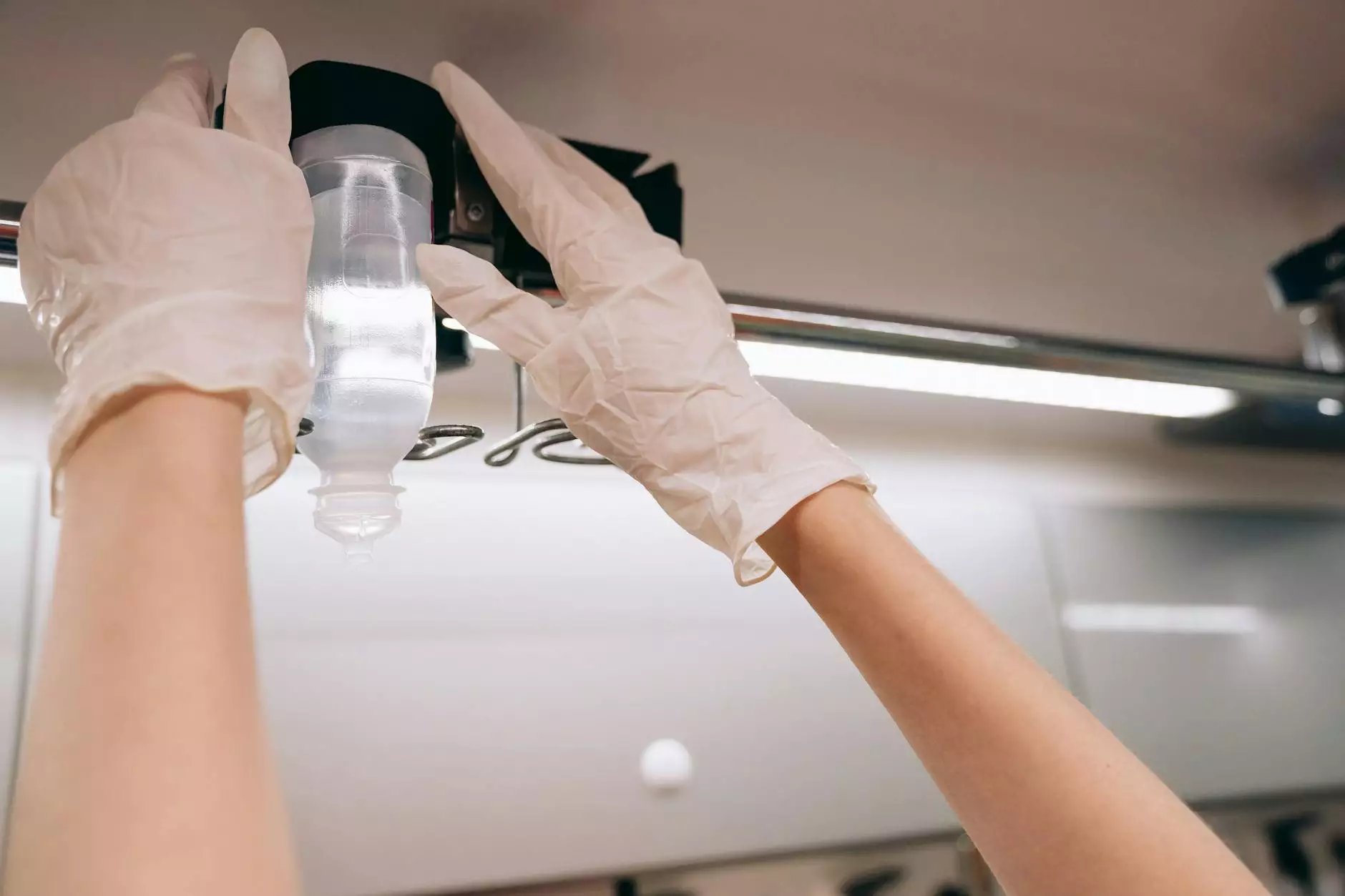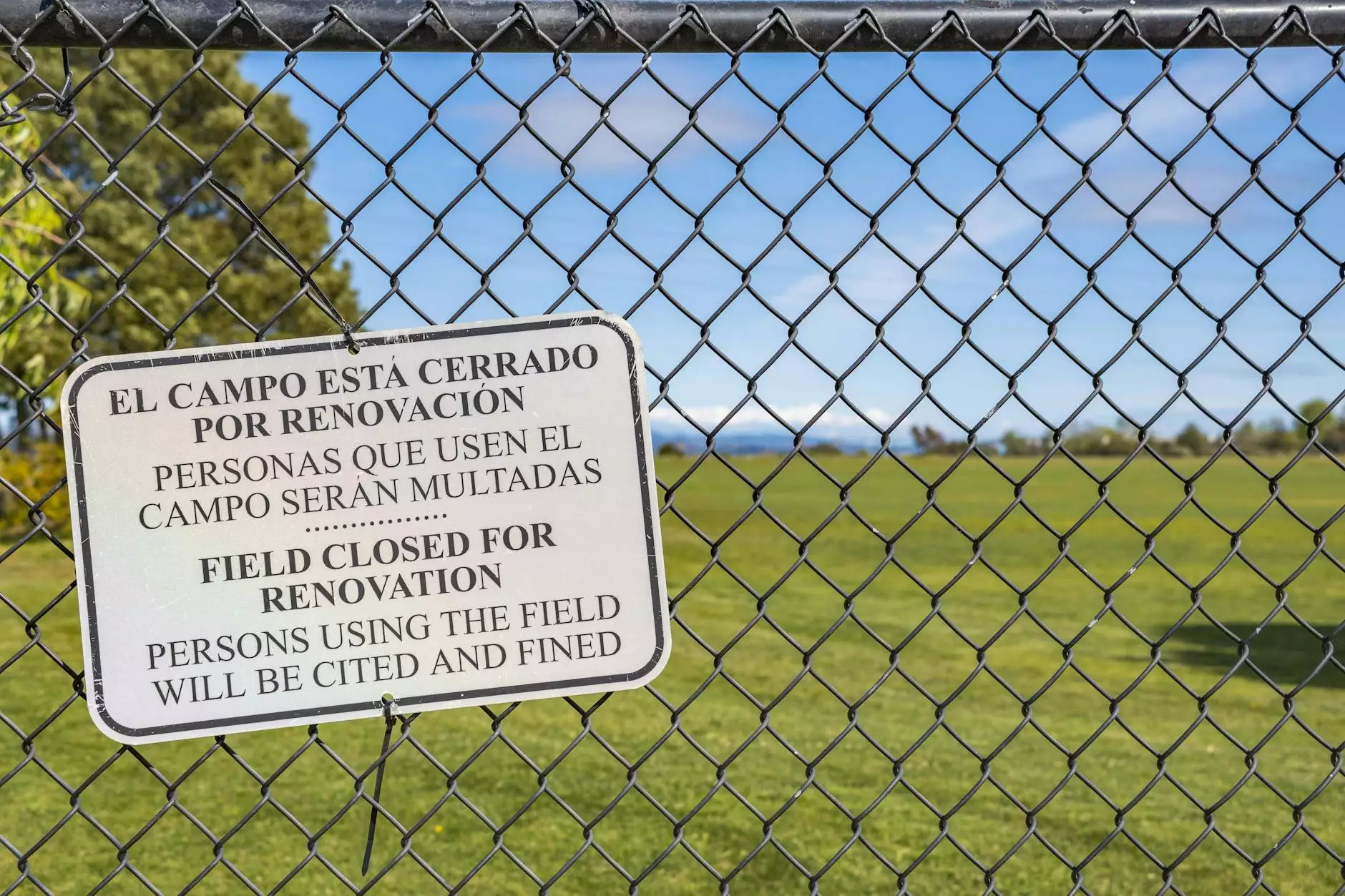Understanding Depression Clinics: A Comprehensive Guide

In today's world, mental health is a critical aspect of our overall well-being. One of the most common mental health issues is depression, affecting millions of people globally. Among the various support systems available, depression clinics play a significant role in providing specialized care and treatment for individuals battling this condition. This article aims to delve into the intricacies of depression clinics, their importance, types, and how they can make a positive impact on individuals seeking help.
The Importance of Depression Clinics
Depression clinics serve as vital resources for anyone struggling with depression. They offer a range of services designed to assist individuals in their journey towards recovery. Here are some key reasons why these clinics are essential:
- Expert Guidance: Depression clinics are staffed with experienced mental health professionals who understand the complexities of depression. Their expertise enables them to tailor treatments to individual needs.
- Structured Environment: These clinics provide a supportive and structured environment similar to a hospital, which is crucial for those dealing with severe depression.
- Comprehensive Treatment: Depression clinics often offer a combination of therapies, including counseling, medication management, and alternative therapies, ensuring a holistic approach to treatment.
- Community Support: Individuals often benefit from interacting with peers facing similar challenges, fostering a sense of understanding and belonging.
Types of Depression Clinics
Depression clinics can vary in their services and approaches. Below are some common types:
1. In-Patient Depression Clinics
In-patient clinics require individuals to stay overnight for an extended period. This setting is ideal for those with severe symptoms that require intensive treatment and monitoring.
2. Out-Patient Depression Clinics
Out-patient clinics allow individuals to receive treatment while continuing with their daily activities. This option is suitable for those with mild to moderate symptoms.
3. Private Depression Clinics
Private clinics offer personalized services and tend to have a lower patient-to-provider ratio, ensuring more individual attention. They may come at a higher cost but often provide comprehensive care tailored to each patient.
4. Government-Funded Depression Clinics
These clinics provide affordable treatment options, making them accessible to a wider demographic. They often focus on community health initiatives and provide a range of mental health services.
Services Offered at Depression Clinics
Each clinic may offer different services, but the following are commonly found across many depression clinics:
Cognitive Behavioral Therapy (CBT)
CBT is a dominant therapy used in depression clinics. It focuses on identifying and changing negative thought patterns, helping individuals develop healthier thinking habits.
Medication Management
Many depression clinics provide psychiatric evaluations and manage medications that can help alleviate symptoms of depression. These may include antidepressants and mood stabilizers.
Group Therapy
Participating in group therapy can be profoundly beneficial. It allows individuals to share experiences and support each other in a safe environment while learning from others.
Psychiatric Evaluations
A thorough psychiatric evaluation helps assess the severity and nature of an individual's depression, guiding the treatment plan effectively.
Family Therapy
Involving family members in the treatment process can help improve communication, heal relationships, and foster a supportive home environment during recovery.
Choosing the Right Depression Clinic
Selecting a suitable depression clinic is crucial for effective treatment. Here are some factors to consider:
- Accreditation: Ensure the clinic is accredited and follows appropriate clinical guidelines.
- Services Offered: Determine if the clinic provides the specific services you require.
- Staff Qualifications: Look into the qualifications and experience of the staff, as this can significantly influence treatment outcomes.
- Location: Consider the clinic’s accessibility and whether it’s convenient for regular visits.
- Patient Reviews: Acknowledge feedback from former patients to gauge the effectiveness and environment of the clinic.
The Role of Technology in Depression Clinics
Advancements in technology have also transformed how depression clinics operate. Here are some ways technology plays a role:
Telehealth Services
Many depression clinics now offer telehealth services, allowing individuals to receive therapy from the comfort of their homes. This is particularly beneficial for those who may have mobility issues or live in remote areas.
Digital Therapeutics
Some clinics incorporate digital therapeutic applications that provide support and intervention for depression symptoms. These apps often include mood tracking, coping strategies, and mindfulness exercises.
The Path to Recovery
It’s important to understand that recovery from depression is possible, and depression clinics are pivotal in this journey. Here’s what one can expect on the path to recovery:
- Initial Assessment: Upon entering a clinic, individuals undergo an extensive assessment to determine their specific needs and treatment plan.
- Ongoing Support: Patients receive continuous support throughout their treatment journey, which may involve regular therapy sessions and medication check-ins.
- Learning Coping Strategies: Clinics often equip patients with coping mechanisms to manage stress and triggers associated with depression.
- Aftercare Planning: Once individuals complete their treatment, clinics often provide aftercare plans, including outpatient services and community resources, to promote long-term wellness.
Success Stories and Testimonials
The success of depression clinics can often be illustrated through the experiences of individuals who have found hope and healing. Here are some compelling testimonials:
"Before I found my depression clinic, I felt hopeless and alone. Their supportive environment and tailored treatment plan made all the difference in my recovery." - Sarah D.
"I was skeptical about seeking help, but my experience at a depression clinic opened my eyes to a new way of life. I learned to cope and connect with others who understood my struggles." - Mark R.
Conclusion: Taking the First Step
In conclusion, depression clinics are invaluable resources for individuals seeking help for depression. By providing expert guidance, structured environments, and comprehensive treatment options, these clinics empower individuals to embark on their recovery journey. Remember that reaching out for help is a courageous first step towards healing. If you or someone you know is facing the challenges of depression, consider exploring local clinics to find the right support.
For more information on depression clinics and related mental health services, visit mediglobus.com.









